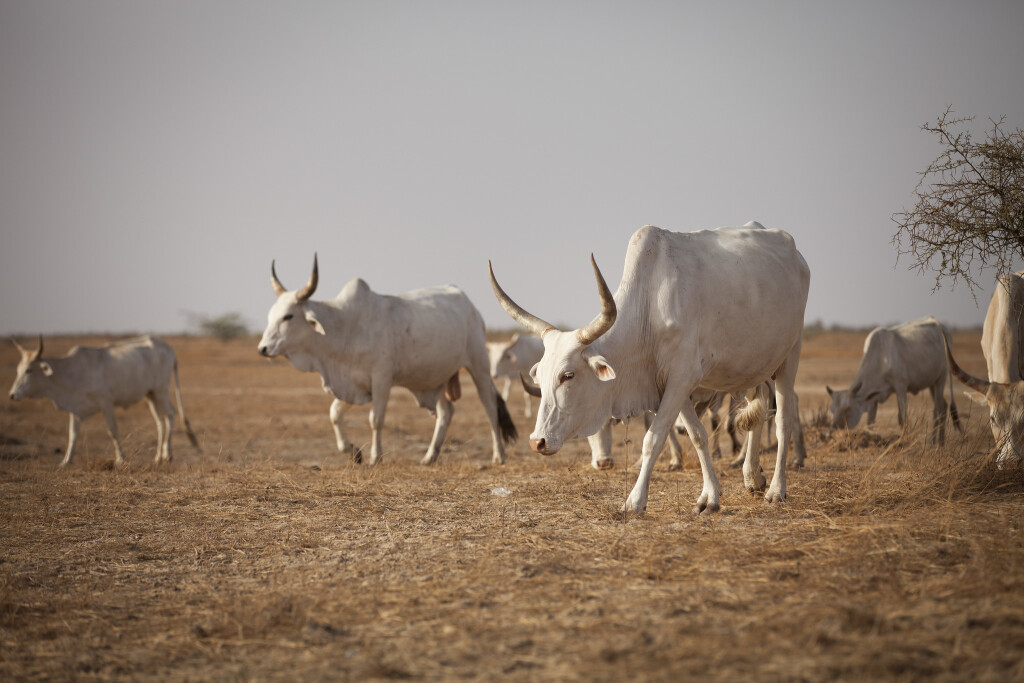Parashat Mattot/Mas`ei/Rosh Hodesh
Numbers 30:2-36:13
Is it Pharaoh’s revenge? Joseph’s comeuppance?
Now, forty years after the exodus from Egypt, on the brink of entering the Promised Land, two tribes and a part of a third refuse to cross the Jordan and take a portion of the land. The tribes of Reuven and Gad (and then part of Menasheh) argue with Moses that, since they have much livestock, and the land to the east of the Jordan is perfect for grazing cattle, “thus our portion has come to us from the other side of the Jordan, eastward.” (Num. 32:19)
Eventually a deal is struck, and these Israelites remain to the East and do not partake in the division of the tribal portions in the land of Canaan. We should notice that the allotment of portions on the western side of the Jordan is done at God’s bidding, with the participation of all the tribal leaders. The Eastern tribes take their portions for granted – “our portion has come to us.” They basically engage in a landgrab.
What makes them so sure that this eastern land is their rightful inheritance? It is not God’s promise to Abraham – or to them. It is because they see themselves as cattle grazers and this landscape is perfect for them. It is only natural.
So let us remember whence this identity stems. When Joseph’s brothers arrive in Egypt, Joseph explicitly begs them to say that they are cattlemen and not shepherds, for the Egyptians despised shepherds. For the duration of their temporary stay in Egypt, Joseph asks them to fudge a bit about who they are. But, just as Gad and Reuven defy Moses, so did the unnamed brothers defy Joseph and they proudly and honestly declare to Pharaoh, “Your servants are shepherds of sheep, we and our ancestors.” (Gen. 47:3) Pharaoh, apparently out of loyalty to Joseph, does not reject them, as Joseph had feared. Yet, he says something enigmatic: “If you know that there may be some capable men among them, place them as princes of livestock over what I own.” (v. 6)
Pharaoh apparently believes that he can turn these shepherds into successful cattlemen if their abilities and ambition are aroused. Did Pharaoh succeed? Now, generations later, we hear of Israelites proudly stating that they are nothing but cattlemen. And they are convinced that this is a source of privilege, granting them rights to territories just as much as if God had gifted the land to them! Pharaoh may have had to relinquish control over this people, but he had his revenge. His influence prevailed over a significant population among them. Reuven and Gad take on their cattleman identities without qualms. And, ironically, in a kind of faint recollection of Joseph’s plea to adopt that identity, albeit temporarily, they end up influencing a part of Joseph’s own descendants (- part of the tribe of Menasheh) to embrace that identity forever.
Shabbat Shalom v’Hodesh Tov
Rabbi David Greenstein
![]()
Subscribe to Rabbi Greenstein’s weekly d’var Torah
Image: “Cattle in Senegal” by International Food Policy Research Institute licensed via CC2.0
Thank you to John Lasiter for suggesting the title and selecting an image for this Torah Sparks – Rabbi Greenstein
- Toby Stein: In Memoriam - Thu, Feb 8, 2024
- Faithfulness and Hope: Parashat Sh’lach - Thu, Jun 23, 2022
- Past Their Prime: Parashat B’ha`a lot’kha - Thu, Jun 16, 2022


Very interesting.